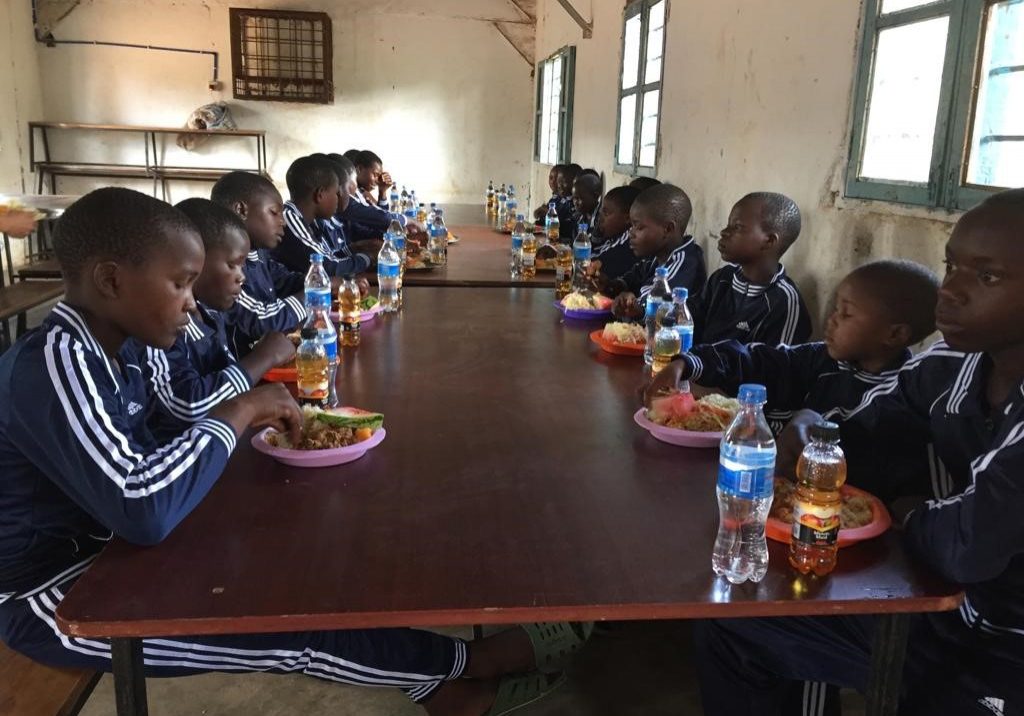Project achievements – summary
In cooperation with DSWO and community champions, IDYDC managed to contact new 68 CYLWS (51male,17female) aged 7-17 years old and enrolled them into a program. 24 CLWS (19 male, 5 female) were rescued from street to Upendo Center for short term shelter. During day and night street outreach, IDYDC managed to contact 634 CYLWS (467 male,167 female) and provide psychosocial support through one-to-one session, hygiene session, life skills education, therapeutic, street-based sports and education. As a result of street-based education 7 CLWS joined to COBET class at the Upendo Centre.
104 CYLWS (71Male, 33Female) were referred and linked for HTC services at different health facilities in Iringa MC and all found HIV negative. Medical services were provided to76 CYLWS (64male,12 female) based on health checkup and treatments and VMCC.
In collaboration with DSWO, IDYDC managed to trace 20 families within and outside Iringa municipal. Among 20 traced families, 18 CLWS (15 male, 3female) were reunified with their protective families within and outside Iringa mc. On youth works, 21 YLWS (15male, 6female) were linked to Vocational training to acquire skills on motor vehicle engineering, cosmetology, tailoring, electrical installation and food and production
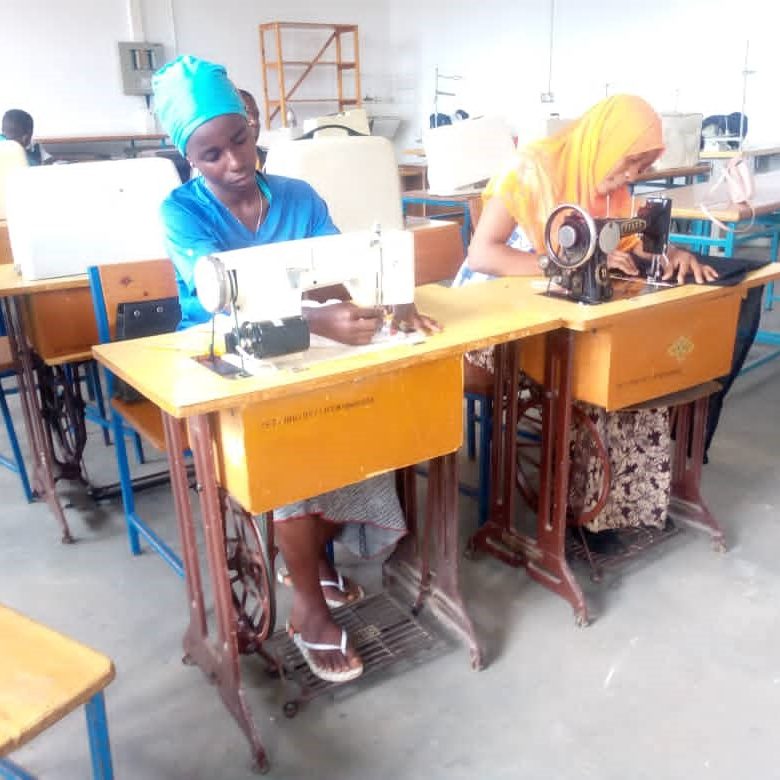
YLWS (Youth living and working on the street)linked to VETA during training
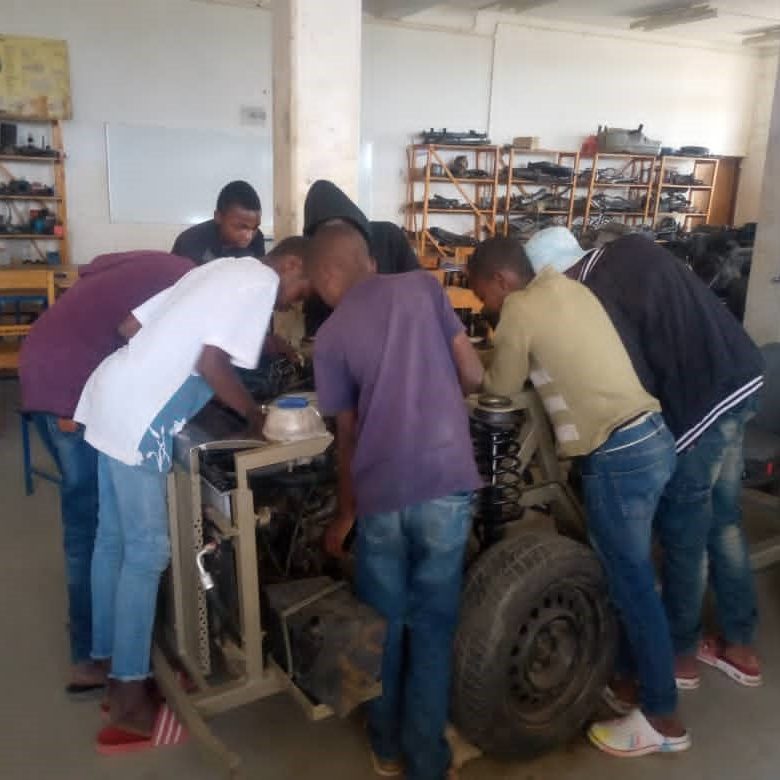
YLWS linked to VETA for vehicle engineering during training session.
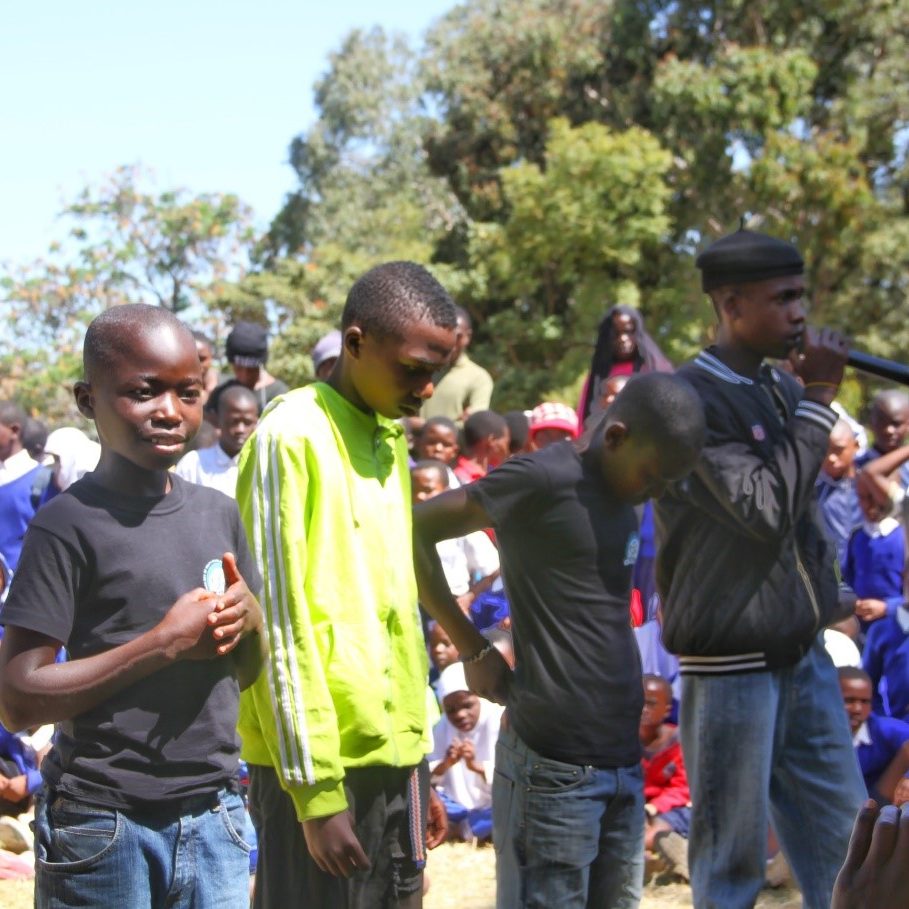
CLWS (Children living and working on the street) providing testimony on behavior change and child protection during DAC
Project progress and Accomplishment
Street out reach activities
- General Street work, During day and night street outreach, IDYDC managed to identify and enroll new 68 CYLWS (51 male, 17 female) aged 7-17 years old. As of 68 enrolled CYLWS; 33 (28 male, 5 female) were full time on streets and 35 (23 male, 12 female) were part time on streets. The annual target for this activity is to reach 250 new CYLWS, and the total number of reached new CYLWS from Q1,2 and 3 is 194 equals to 78% with a gap of 56 new enrollment. There is low number of new CYLWS on streets, though IDYDC is continue to conduct street outreach and cooperate with DSWO, PGCD, community champions for identification and enrollments of new CYLWS
- Street based sports/ games and education,In this quarter, 36 sessions based on street-based sports and education targeted to be provided to CYLWS. During street outreach activities, 40 sessions provided to 92 (68male,24 female) CLWS on streets. Compared to last quarter, the number of CLWS reached through this activity was 75 hence, increased by 17%.
- Health, Hygiene & Provision of medical support & Access to HIV/AIDS services + Nutrition,
Through this service IDYDC targeted to reach 81 CYLWS.IDYDC managed to refer 76 CYLWS (64 male, 12 female) different health providers including IRRH, Sabasaba health facility and PHCI for medical supports. The services provided includes; VMMC, ICHF, health checkup and medical treatments, oral and dental treatments. All referrals were completed and entered into system. The number of medical supports increased as for quarter two only 30 children were reached through this activity.
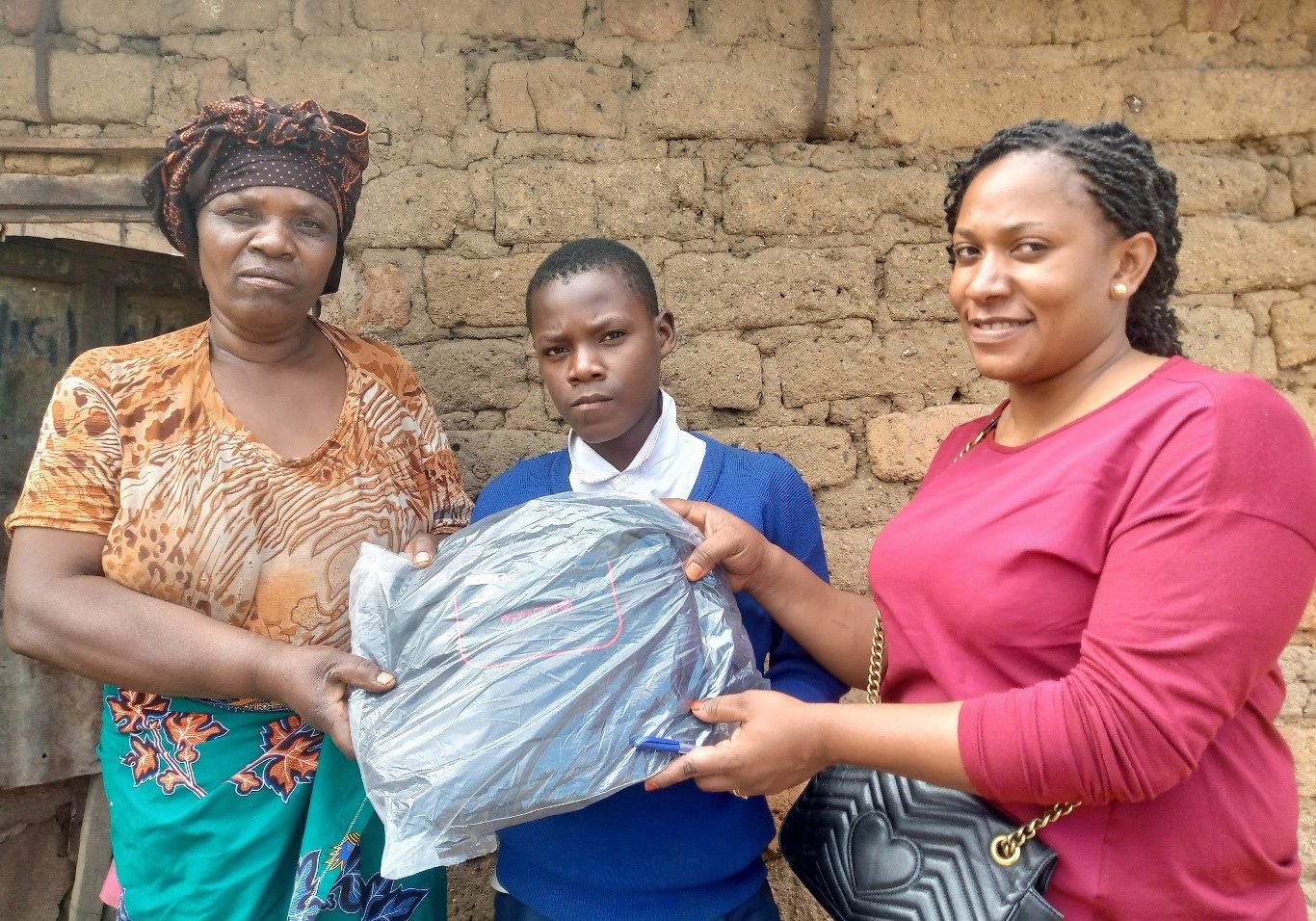
Provision of Safe Space/Rescue Center to CLWS
- Provision of temporary shelter to CLWS,In this quarter, 31 CLWS (26 Male, 5Female) aged 8-15 were supported with several services at Upendo center. Amongst them 24 (19male,5female) aged between 8-15 were newly rescued from street to short term shelter. The quarterly target was to support new 15 CLWS at Upendo Centre. In Upendo Center, CLWS were provided with several services like Meals, shelter, hygiene kits informal education through CO-BET Class, life skills sessions and counselling sessions.Due to the services provided, 15 CLWS (male) who are still receiving different services and prepare them for reunification with their caregivers.
- Family reintegration work, The quarterly target for family reunification was to reunify 5 CLWS so as to reach annual target of 40 family reunifications. In this quarter IDYDC in cooperation with SWO, local leaders and other stakeholders succeeded to reunify 15 CLWS with their caregivers, as for now the annual reunification target reached by 123%.
- Family tracing, re-unification of CLWS & Follow Ups Visits to Families of Reintegrated CLWS & School enrollment, Family Tracing & reunification & follow up visits’ children within the city - Intensive + non-IntensiveDuring this quarter, 10 CLWS`s families were traced in IMC with the aim of preparing them for family reunification. After different sessions provided to traced families within Iringa Municipal 13 CLWS (12 male, 1 female) who were fulltime on streets, were reunified with their protective families. All reunified cases were non intensive with no characteristic of violence/abuse.
